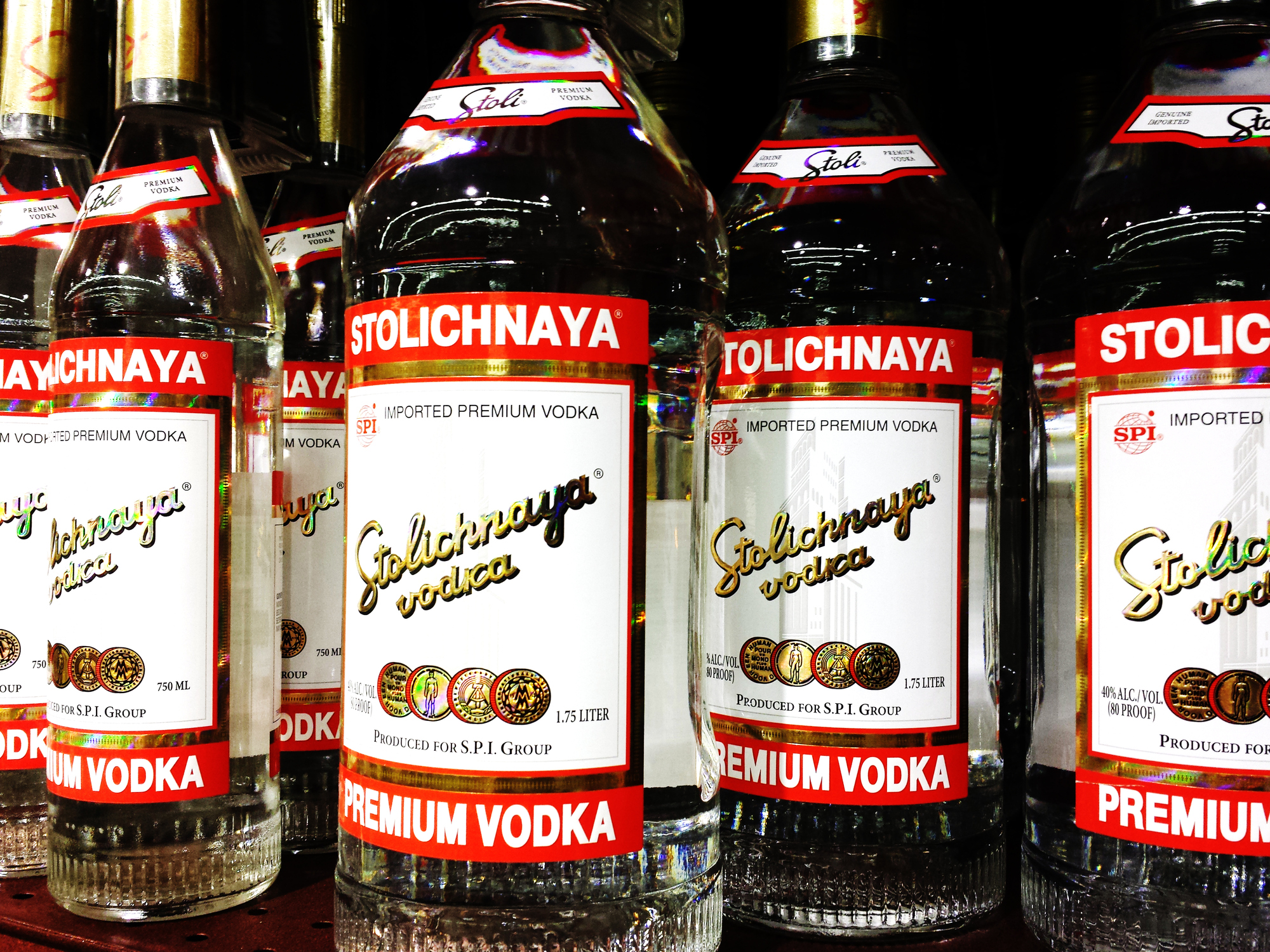Who is responsible for the
invasion of Ukraine
? Russian dictator Vladimir Putin or the people unfortunate enough to have been born in his country?
The obvious answer is Putin. But many of our cultural institutions seem bent on punishing the latter group in a crazed attempt to hold him accountable.
Over the past couple of weeks, several states, including Ohio, Oregon, Utah, and New Hampshire, have banned Russian-made vodka from their liquor stores. The governors of Texas and Maine have also asked retailers to remove Russian spirits voluntarily from their shelves. At least one grocery chain popular in the South, Publix, has already done so.
This is a hysterical overreaction. Russian vodka made up only 1.3% of all vodka imported into the United States last year — hardly enough to make the Russian economy feel a significant effect. Meanwhile, non-Russian vodka distillers are actually getting hurt.
Stolichnaya
and Smirnoff have also been mistakenly removed from American stores, even though the former is made in Latvia and the latter in the U.S. When confronted about this mishap, one Maine liquor store owner defended removing Stolichnaya from his shelves, arguing that removing all vodka, regardless of whether it was actually made in Russia, “sends a signal.”
He’s right about that. In fact, American companies have made their dislike of Russian products so well known that the owners of Stolichnaya vodka changed the liquor’s brand this week to make it clear that it is not Russian-made. The vodka is now officially Stoli, which has been its nickname for years, and more “accurately represents Stoli’s roots in Latvia,” the company said.
But Russian products aren’t the only target of our cultural ire. Russian-born citizens, too, are discovering that they are now outcasts. Take, for example, soprano Anna Netrebko, one of the greatest singers in the world, who was
forced to withdraw
from all future engagements at the Metropolitan Opera in New York because she did not denounce Putin harshly enough.
“It is a great artistic loss for the Met and for opera,” Met General Manager Peter Gelb said in a statement announcing the opera’s decision. “Anna is one of the greatest singers in Met history, but with Putin killing innocent victims in Ukraine, there was no way forward.”
For the record, here’s what Netrebko has said about the Russian invasion: “I am opposed to this senseless war of aggression, and I am calling on Russia to end this war right now, to save all of us. We need peace right now.”
What more did the Met want? Do they not realize that Netrebko likely has family members and friends in Russia who would be in danger if she attacked Putin publicly? Why should she be forced to choose between her safety and her career?
It’s easy for us to forget just how much freedom we enjoy here in the U.S. We can insult President Joe Biden as much as we want and criticize our government when we believe it’s in the wrong. We can boycott American companies without worrying that doing so will trigger an economic collapse.
The Russian people can’t say the same. But instead of offering them an olive branch of understanding, our culture is punishing them for the actions of a madman many of them already oppose.
It’s worth asking: Who are we really doing this for? The Ukrainians? Or our own consciences?








